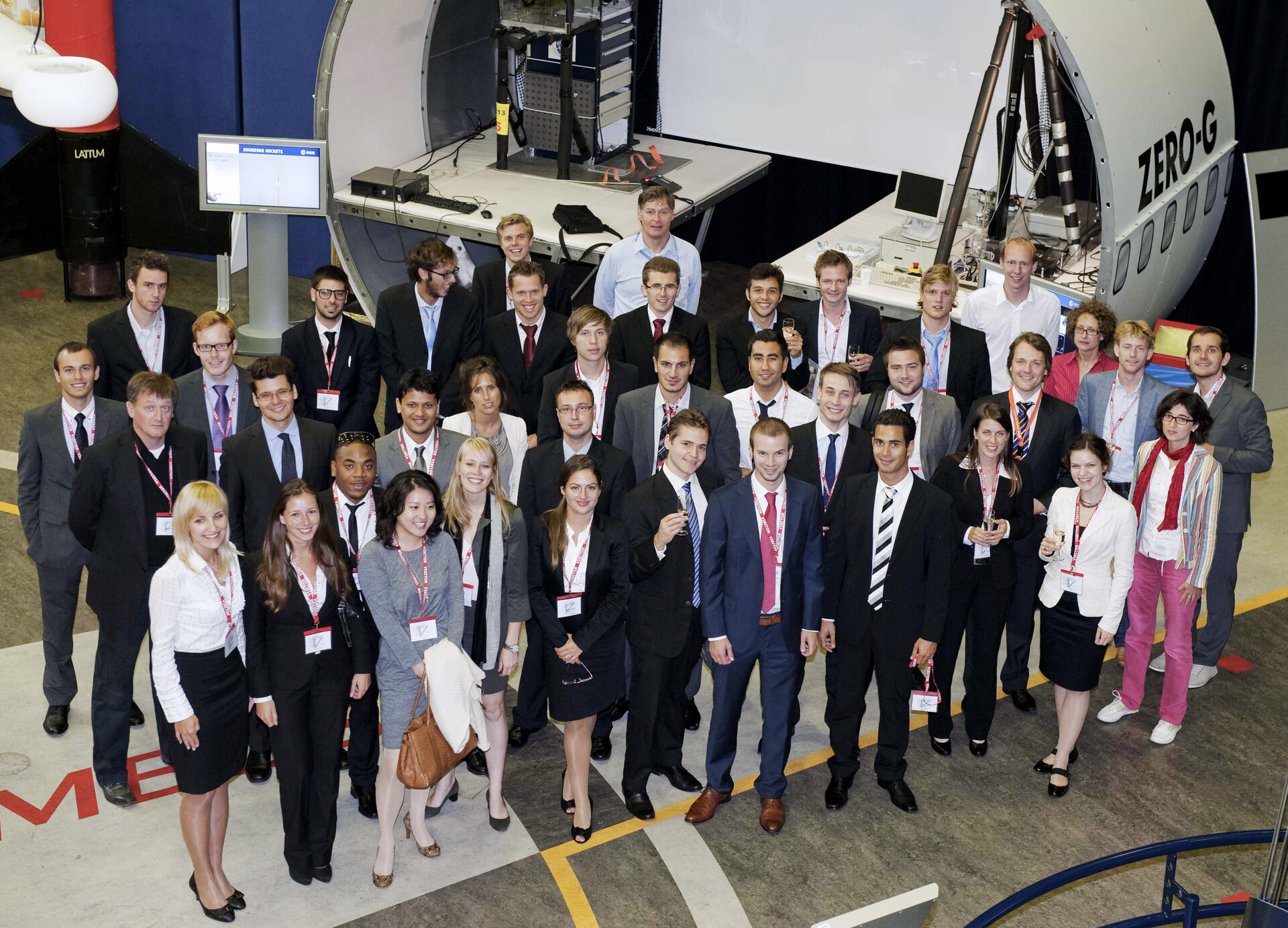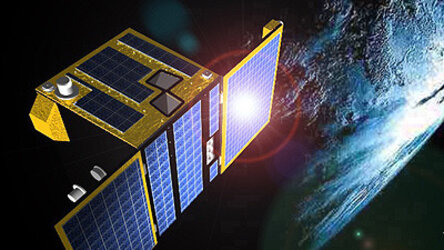Turning space technology into business
For the seventh time, students from leading European management schools were hosted by ESA for a one-week seminar at the end of August to define viable non-space business models for industrial applications using advanced space technologies.
The seminar gave the business students the chance to work with space technology and to discover its exploitation potential. It is part of the highly recognised CEMS International Management Master Programme and was organised by the Rotterdam School of Management Erasmus University (RSM) and ESA.
“This can be considered more than an ‘awareness programme’,” explained Wim Hulsink, Professor of Entrepreneurship at RSM.
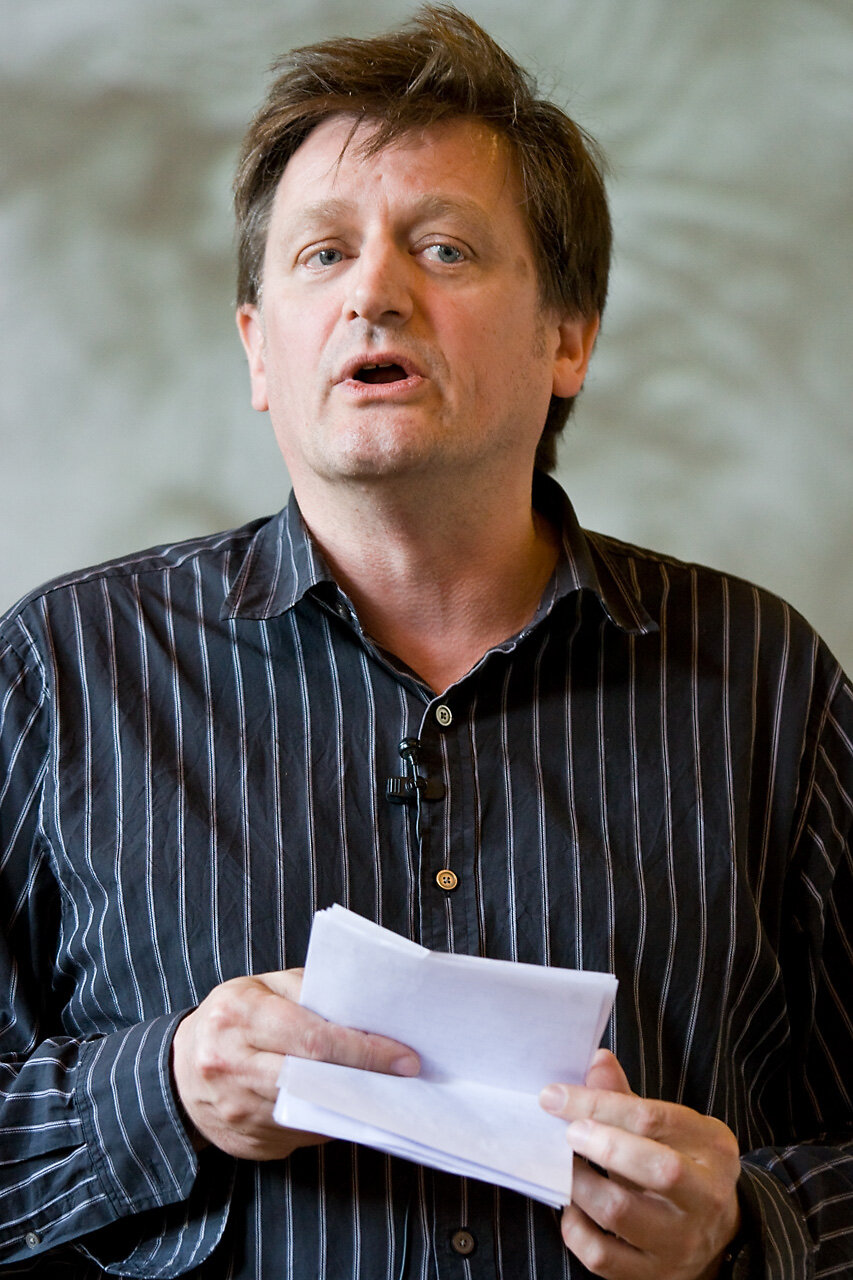
“It not only makes the students aware of the potential business deriving from space technology, but also does something practical with it.
“It is not easy to bridge the gap between space technology and business, so this programme gives both CEMS and ESA the opportunity to explore opportunities in other fields different from their core activity, and to look into new possibilities.”
The seminar took place in ESTEC’s Erasmus User Centre, where the 32 students were divided into eight competing teams and given a space technology patent that they had to commercialise for non-space applications through a spin-off venture.
They had to prepare a business plan and present the results at the end of the week to a jury.
The patent this year was for organic waste recycling from the Melissa project. The driving element of Melissa is the recovery of food, water and oxygen from waste (faeces, urea), carbon dioxide and minerals. It is developing the technology for a future regenerative life-support system for long missions in space, such as for a lunar base or a mission to Mars.
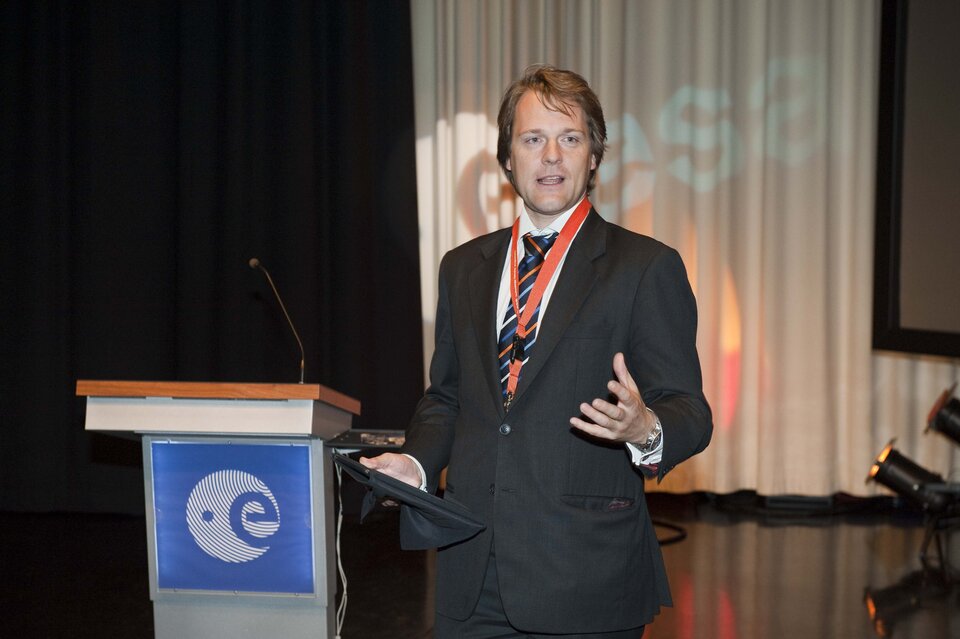
Niels Eldering, from ESA’s Technology Transfer Programme Office and himself a RSM alumnus, said, “The student teams have one week only to write a business plan based on a space technology.
“This involves collaboration with the originating company, and not uncommonly the students also approach potential users on the market."
This year, one of the teams pitched their business case in front of a potential customer.
“This makes the ESA/CEMS seminar a very valuable experience for the students; not only for those who actually link space technology to non-space companies, but the entire group is excited about the idea that they indeed can make a difference in connecting business to business.”
During the week, the students were given lectures on entrepreneurship, technology transfer and new venture creation, supported by the RSM faculty, ESA staff and experts from industry.
The students found the interdisciplinary approach switching between scientific, engineering and business areas particularly challenging.
“We know that space technology is to found everywhere in our daily life,” said one student.
“However, it was difficult to think of potential applications of a technology and of potential customers.
“You keep on revising and adapting the strategy, constantly asking yourself ‘Will this idea work?’” Another added, “It is good to apply in practice what you learn on the manuals and during classes.
“It is challenging to work with people you have never met before. It is surprising to experience that starting a business implies so much thinking and problem-solving, not only theoretical knowledge.”
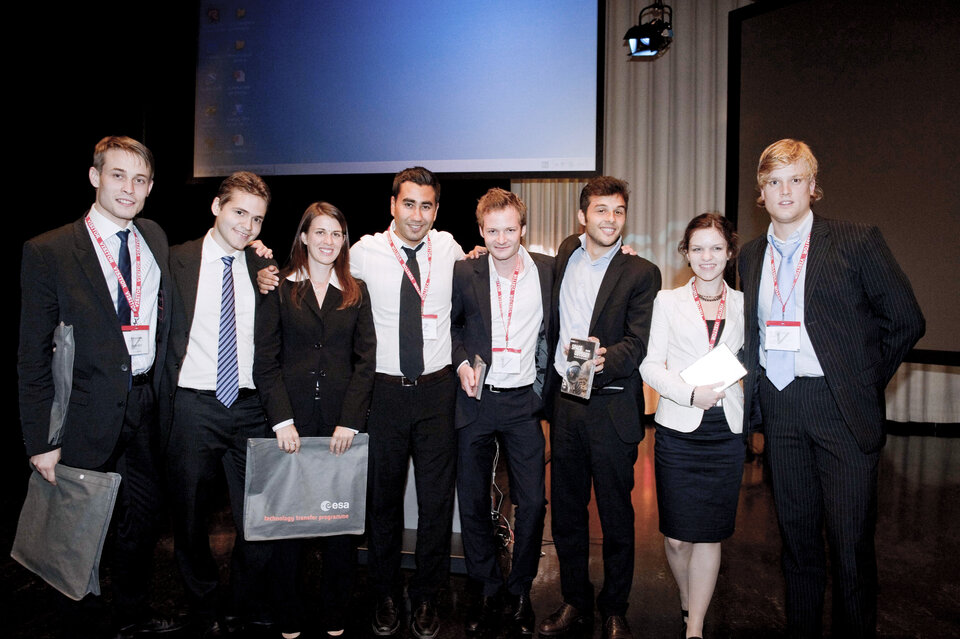
Two winning teams were selected. The first proposed using Melissa technology in a recycling system for the flower industry. The second proposed usingit to reduce cost and pollution from zoo animals’ CO2-emissions and use their waste for energy production.
Other ideas were on recycling of waste from textile production, supermarkets and coffee production.
Melissa - micro ecosystem in space
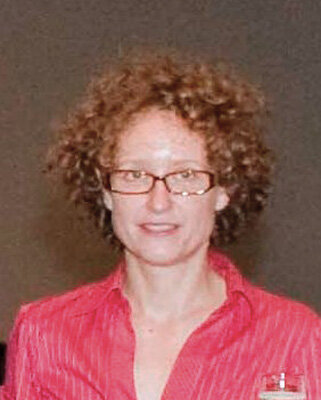
“It was a positive experience to study and trade off innovative solutions and new opportunities for terrestrial implementation of space technology,” said jury member Christel Paille, the ESA engineer presenting the Melissa technology.
“There is the need to bridge the gap between space technology and industrial/commercial applications, and also there is a huge interest from the industry to fully exploit the newest technologies,” added Prof. Hulsink.
“This is the challenge and the difficulty for the students, but also their opportunity: space scientists and engineers often cannot predict how much business potential is hidden in the projects they are involved in.
“Sometimes it takes an external observer, somebody ‘detached’ from the subject, like these students, to spot business potential elsewhere and initiate further developments towards commercialising space technology.”
Melissa - micro ecosystem in space
ESA’s Technology Transfer Programme Office (TTPO)
The TTPO’s main mission is to facilitate the use of space technology and space systems for non-space applications and to demonstrate the benefit of the European space programme to European citizens.
The office is responsible for defining the overall approach and strategy for the transfer of space technologies, including the incubation of start-up companies and their funding. For more information, please contact:
ESA’s Technology Transfer Programme Office
European Space Agency
Keplerlaan 1
2200 AG, Noordwijk
The Netherlands
Tel: +31 71 565 6208
Email: ttp@esa.int


